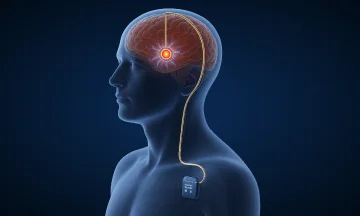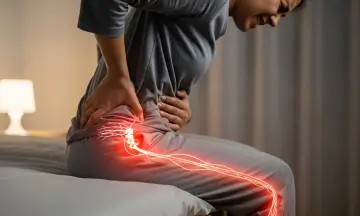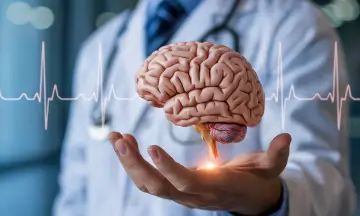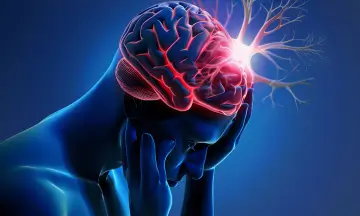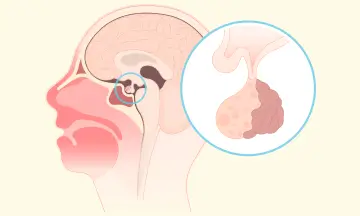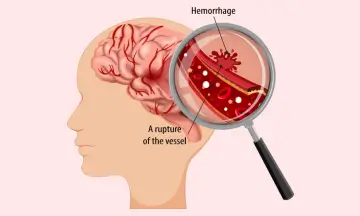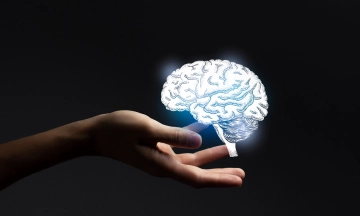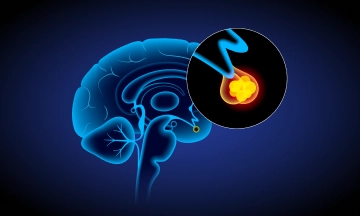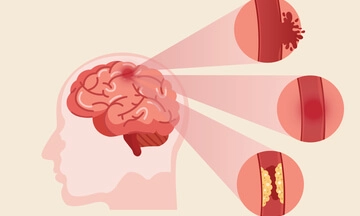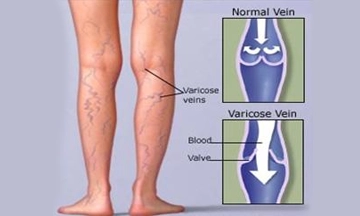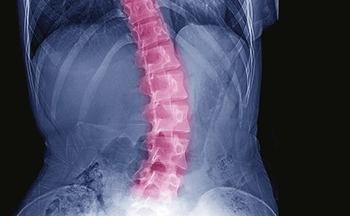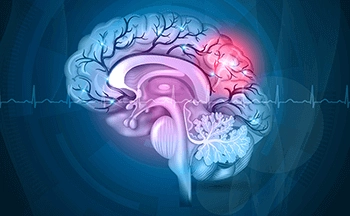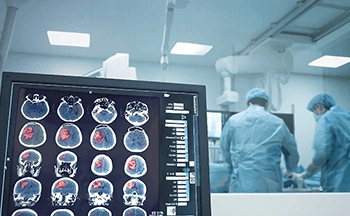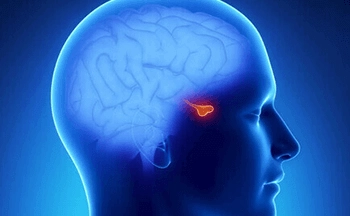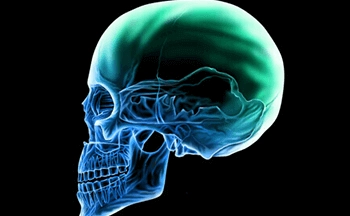
Almost everyone experiences neck discomfort at some point, whether it's a mild stiffness after a long sleep or a sharp, persistent ache. Your neck (cervical spine) is a complex structure that supports the weight and movement of your head, making it vulnerable to strain and injury. Understanding the neck pain symptoms and neck pain causes is the first step toward finding effective relief and knowing when to see a spine specialist.
Common Neck Pain Symptoms
While pain is the primary indicator, neck pain symptoms can manifest in several ways:
-
Localized Pain and Stiffness: Aching or soreness, especially when attempting to move the head. This is often described as a stiff neck.
-
Reduced Range of Motion: Difficulty or inability to fully turn your head side-to-side or tip your chin to your chest.
-
Radiating Pain: Pain that starts in the neck and travels down to the shoulders, upper back, or arms.
-
Headaches: Tension headaches often originate in the neck and base of the skull.
-
Numbness, Tingling, or Weakness: These sensations in the arms, hands, or fingers often indicate that a nerve is being compressed in the cervical spine.
-
Muscle Spasms: Tight, painful contractions of the neck muscles.
What are the Neck Pain Causes?
The neck pain reasons are diverse, ranging from simple poor habits to underlying medical conditions:
1. Muscle Strains and Sprains
This is the most common cause. It happens due to:
-
Poor Posture: Hunching over a computer or phone ("text neck") for prolonged periods strains the neck muscles.
-
Sleeping Awkwardly: Positioning your head in an uncomfortable way while asleep.
-
Overuse: Repetitive or strenuous activities that involve the neck and shoulders.
2. Injury and Trauma
Sudden forceful movement of the neck can lead to significant pain:
3. Degenerative Conditions (Wear and Tear)
As we age, the structures in the cervical spine naturally begin to wear down, leading to chronic neck pain:
-
Osteoarthritis: Wear and tear of the joint cartilage between the vertebrae.
-
Cervical Degenerative Disc Disease: The cushioning discs between vertebrae dehydrate and shrink, leading to pain and stiffness.
-
Herniated Disc (Slipped Disc): When the soft center of a disc pushes through a tear in the tough outer layer, potentially pressing on nearby nerves (a pinched nerve).
-
Spinal Stenosis: Narrowing of the spinal canal, which can put pressure on the spinal cord or nerve roots.
4. Other Factors
Neck Pain Treatment and Home Remedies
If you're wondering how to heal neck pain, start with simple, conservative care. Most mild to moderate neck pain can be managed with these home remedies for neck pain and non-surgical treatments:
-
Move Gently: Avoid full rest. Light, gentle movement and stretching can help relax tight muscles and improve blood flow. Do not force any movements that cause sharp pain.
-
Use Hot and Cold Therapy:
-
For new or acute pain (first 48 hours), apply an ice pack for 15-20 minutes several times a day to reduce swelling and inflammation.
-
After 48 hours, use moist heat (heating pad or warm shower) to relax tight muscles and increase circulation.
-
Take Over-the-Counter (OTC) Pain Relievers: Medications like Naproxen, diclofenac sodium, or plain paracetamol could relieve the pain.
-
Correct Your Posture:
-
Adjust your computer screen to eye level.
-
Avoid cradling a phone between your ear and shoulder. Use a headset.
-
When using a phone or tablet, bring the device up to your eye line instead of looking down (to prevent "text neck").
-
Check Your Sleep Setup: Use a supportive pillow that keeps your head level and aligned with your spine. Sleeping on your back or side is generally better than sleeping on your stomach.
-
Physical Therapy (PT): If home remedies aren't enough, a physical therapist can teach you specific stretching and strengthening exercises to stabilize your neck, improve posture, and provide long-term neck pain treatment.
-
Prescription/Specialized Treatment: For more severe or chronic pain, a doctor may recommend prescription muscle relaxants, steroid injections, or other specialized therapies.
When to See a Spine Specialist
While most neck pain resolves within a few days or weeks, certain warning signs indicate you should seek professional medical attention, possibly from a spine specialist (like an orthopedic surgeon or neurosurgeon specializing in spine care) or an emergency room, as appropriate.
Consult a specialist if you experience:
-
Persistent Pain: Pain that is severe, getting progressively worse, or doesn't improve after a week or two of conservative neck pain treatment (rest, over-the-counter meds, heat/ice).
-
Neurological Symptoms: New or worsening numbness, tingling, or weakness that radiates down into the arms, hands, or legs. This can be a sign of nerve or spinal cord compression.
-
Trauma-Related Pain: Neck pain resulting from an accident, fall, or sudden injury (like whiplash).
-
Systemic Symptoms: Neck pain accompanied by fever, chills, unexplained weight loss, or severe headache.
-
Loss of Coordination: Difficulty with balance, walking, or fine motor skills in the hands.
-
Bowel/Bladder Dysfunction: The sudden onset of lost bladder or bowel control is a medical emergency.
Conclusion
Neck pain may start as a minor inconvenience but can significantly affect your quality of life if left untreated. By understanding neck pain causes, recognizing neck pain symptoms, following safe methods to heal neck pain, and using home remedies for neck pain, you can manage discomfort effectively. Timely consultation with a spine specialist ensures proper treatment, faster recovery, and long-term neck health.
FAQs
Q: What is "text neck"?
A: Text neck is a modern repetitive strain injury caused by constantly looking down at a smartphone or other electronic device. This posture puts significant, unnatural stress on the cervical spine and surrounding muscles, leading to strain and chronic neck pain.
Q: How long does typical neck pain last?
A: Most cases of simple muscle strain and stiffness (acute neck pain) improve significantly within a few days to a couple of weeks with home remedies for neck pain and rest. Pain lasting longer than three months is considered chronic.
Q: Can stress cause neck pain?
A: Yes, absolutely. Emotional stress often causes involuntary tension and tightening in the upper back and shoulder muscles, which can pull on the neck and lead to pain and stiffness. Relaxation techniques are an important neck pain treatment.





